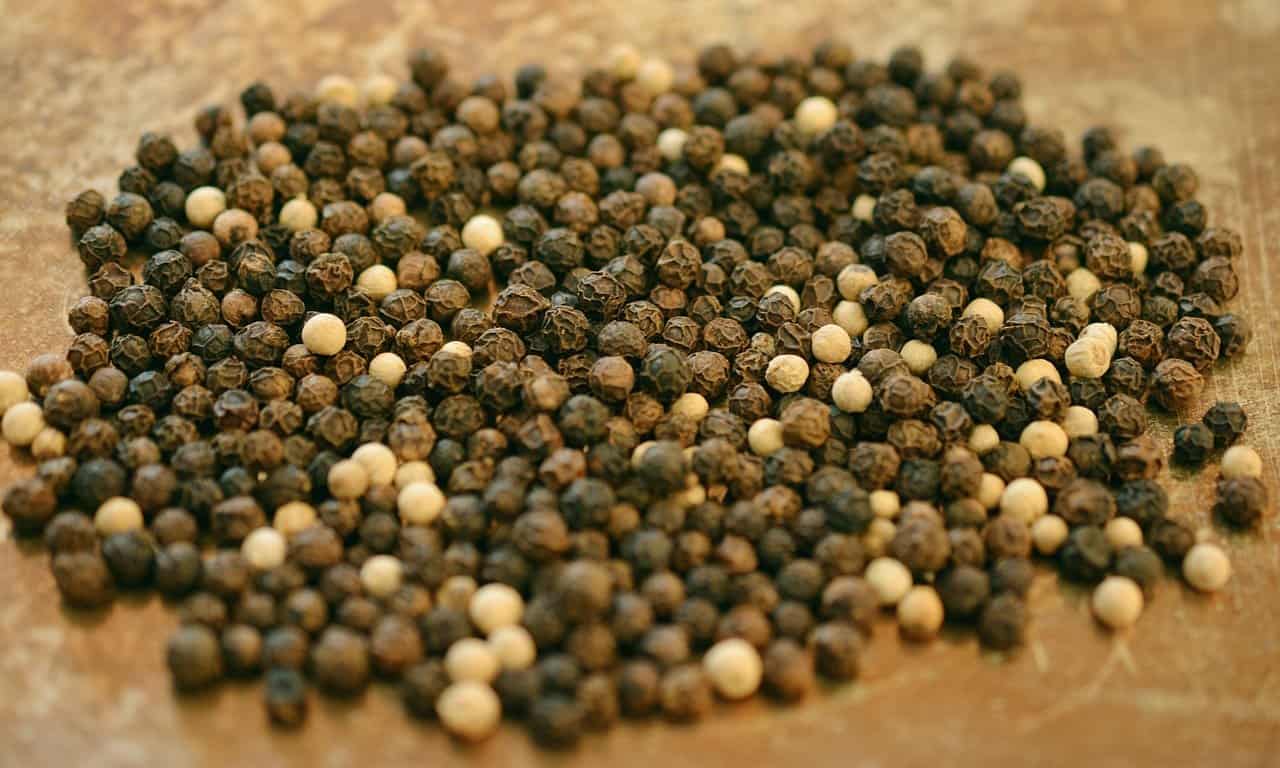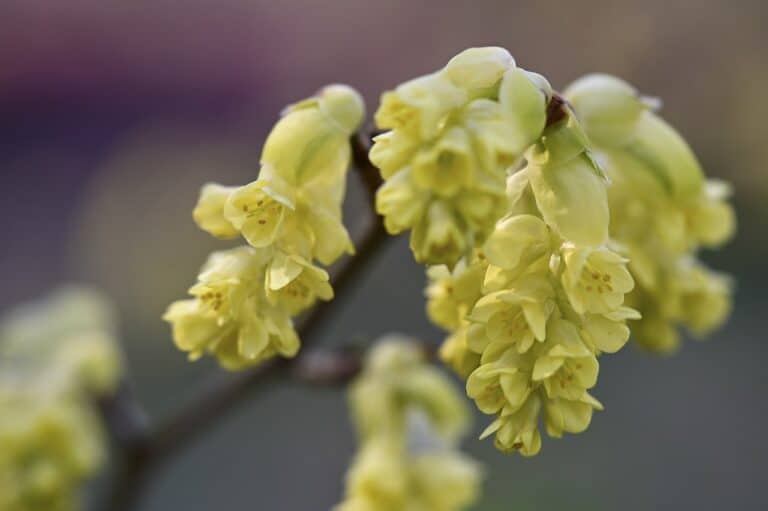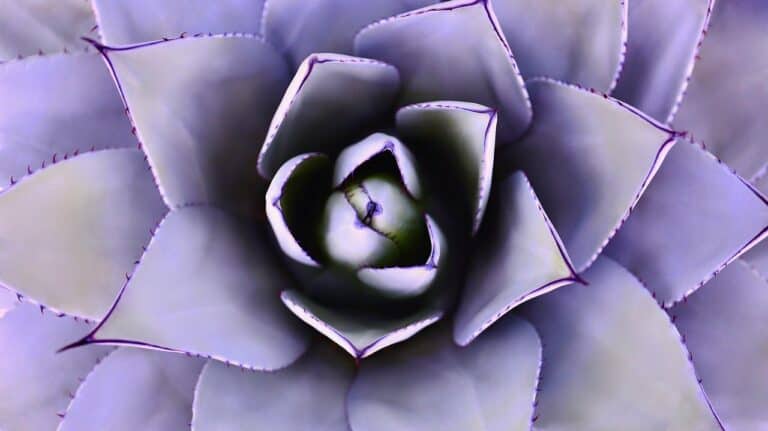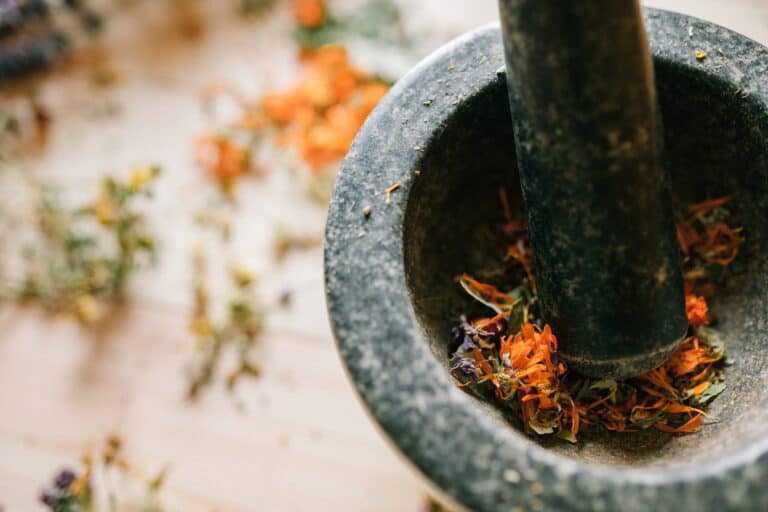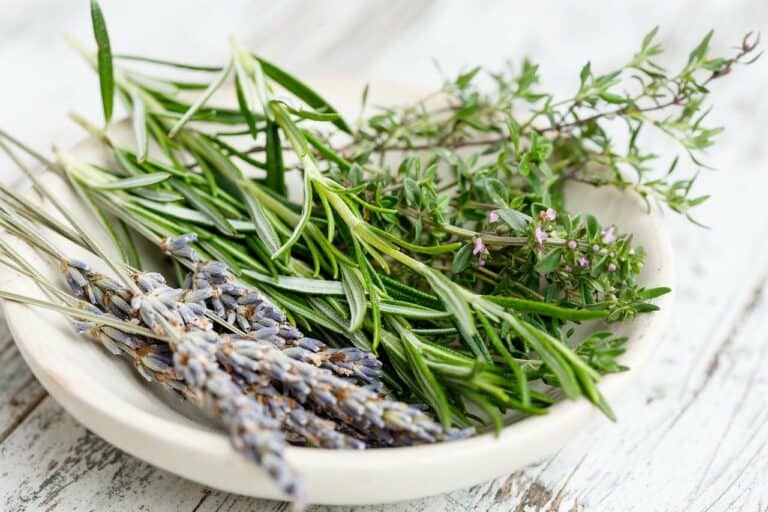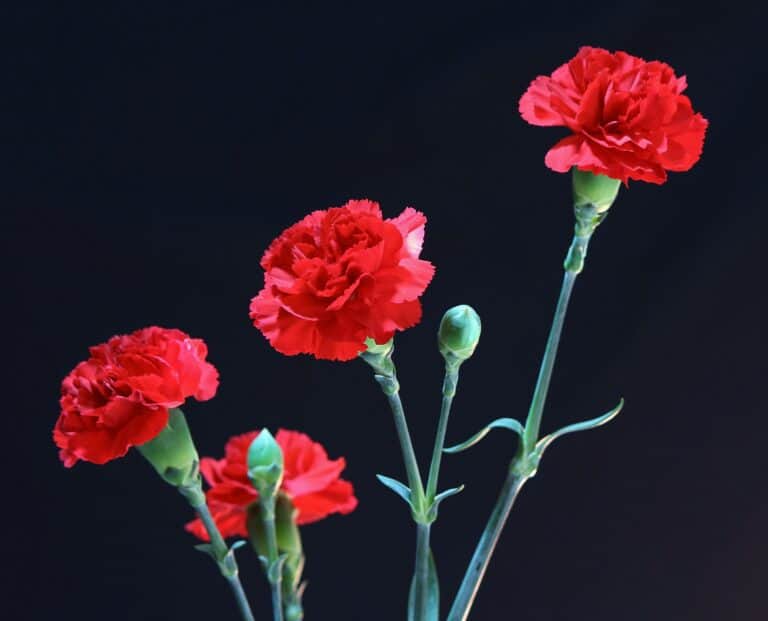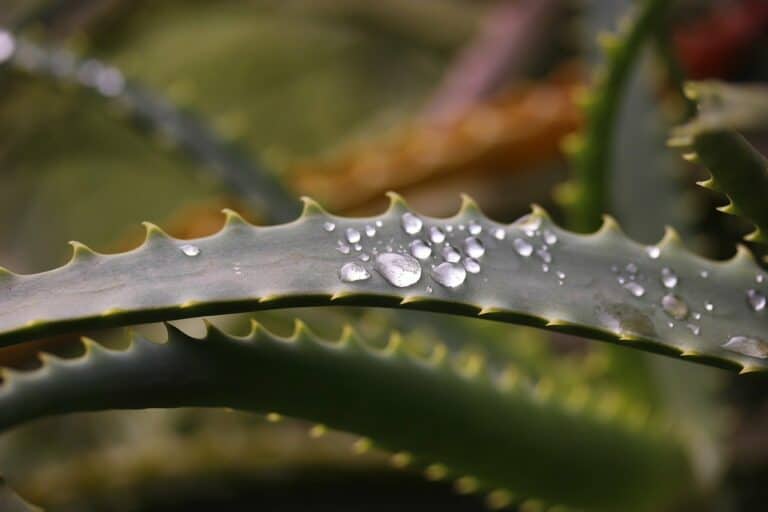Black Pepper
A familiar sight in every kitchen, on the counter handy for adding flavor during cooking, on the table as a condiment, black pepper is ubiquitous as a seasoning throughout the world.
Black pepper essential oil is distilled from the fruits of a flowering vine, piper nigrum, native to Kerala in SW India.
The peppercorns can be green, white, or black, depending on the ripeness of the fruit when it’s harvested and the method of preserving. (Pink’ peppercorns’ are sometimes included in a seasoning mixture, but these are a nut fronutsree belonging to the cashew family – important to know for people living with a nut allergy.)
The black peppercorn is harvested while still green, then boiled to clean it and prepare it for drying. The fruit blackens and shrinks as it dries. Once dried, the essential oil is extracted by steam distillation.
It’s an ancient and much-loved spice used in Indian cuisine for at least 4000 years.
It was valuable as a trade commodity and referred to as ‘black gold’ and used as commodity money, meaning the article or item is practical and used in place of cash. This is where ‘peppercorn rent’ originates as a phrase. Today’s parlance is a term for a token payment for something that is a gift in all other respects.
Although there aren’t many records, we know trading took place across the Middle East. For example, there is evidence that black pepper was used in Ancient Egypt in the mummification process around 1200 BCE – Rameses II was found to have peppercorns in his nostrils, presumably to clean and preserve.
We know black pepper was used in Greece from around 400 BCE. Although rare and expensive, only affordable by the wealthy.
Of course, with the connections between Greece, Egypt, and Rome, it was not long before the Romans became enthusiastic about the spice. The geographer Strabo writes about the early Roman Empire sending an annual trade fleet to India through the Red Sea, crossing overland to Alexandria and thereby shortening the route and the time.
It was well known and widespread throughout the Roman Empire and a favorite ingredient in many recipes though the high cost limited the customer base. However, not everyone was a fan; Pliny wrote about it in less than glowing terms:
“It is quite surprising that the use of pepper has come so much into fashion, seeing that in other substances which we use, it is sometimes their sweetness, and sometimes their appearance that has attracted our notice; whereas, pepper has nothing in it that can plead as a recommendation to either fruit or berry, its only desirable quality being a certain pungency, and yet it is for this that we import it from India!”
Ref: Pliny the Elder, Natural History
As the Roman Empire declined, trade was taken over by Persia and Arabia in the East through to the Mediterranean and into Europe via the great city port of Venice. It was a luxury item that attracted Portugal into the trade, using the sea route around South Africa discovered by Vasco da Gama in 1498.
The Portuguese were unable to maintain dominance, though, and were squeezed out by the Dutch and the English. This boosted the supply of black pepper into Europe, and the price dropped to make it accessible to broader society. This had the overall benefit of maintaining the value of the market, which has held steady through hundreds of years. Today black pepper accounts for 20% of the world’s spice trade.
The medicinal value of black pepper was recognized as long ago as 500BCE. It was one of the few medicines a monk could carry. Ayurveda’s staple remedy was used to treat such diverse conditions as constipation, insomnia, sunburn, toothaches, and oral abscesses poultice for eye problems.
To the Romans, black pepper was a valuable remedy to improve the appetite and help alleviate the results of overindulgence. In the European Middle Ages, the warming spice was believed to treat all ailments resulting from coldness, dampness, and humidity, and they were all right as today the essential oil is used in much the same way with added extras.


